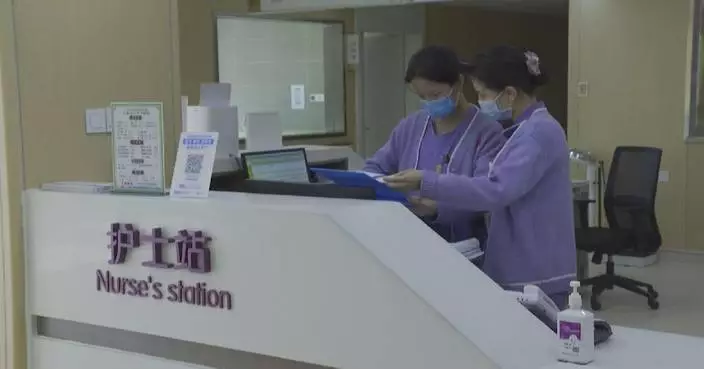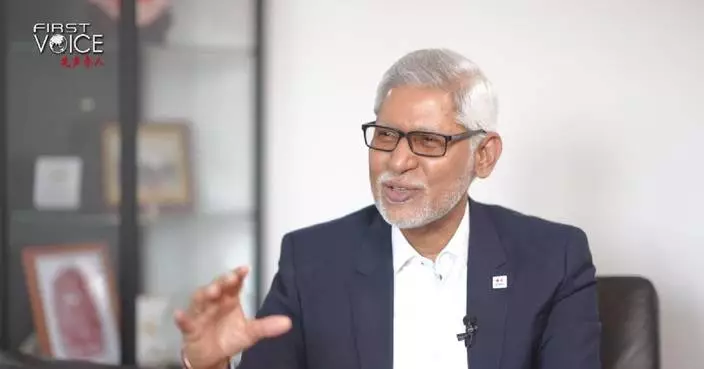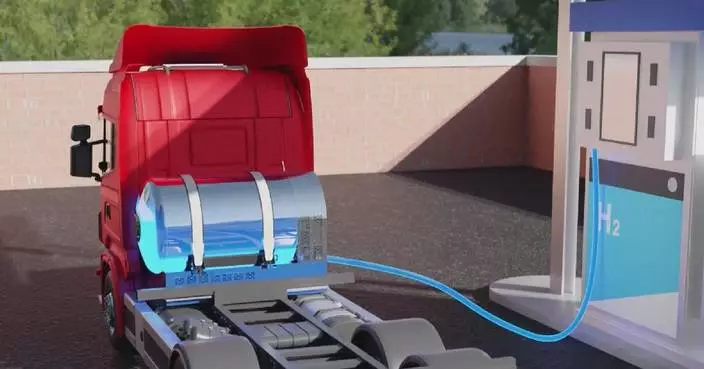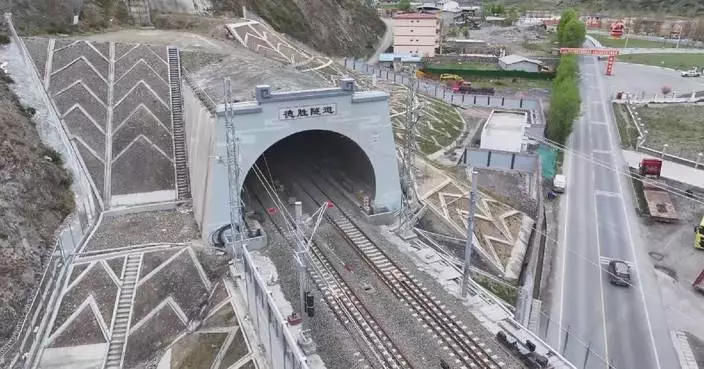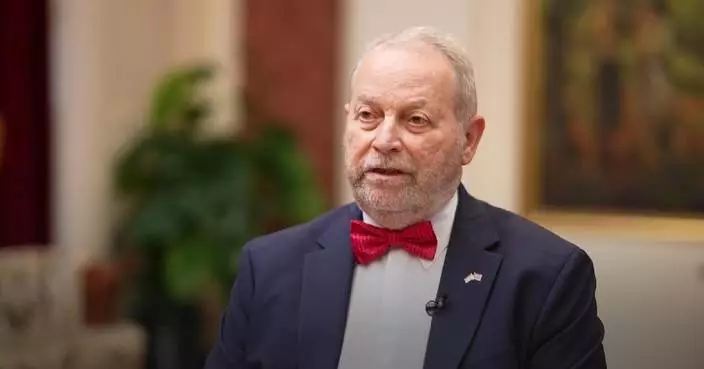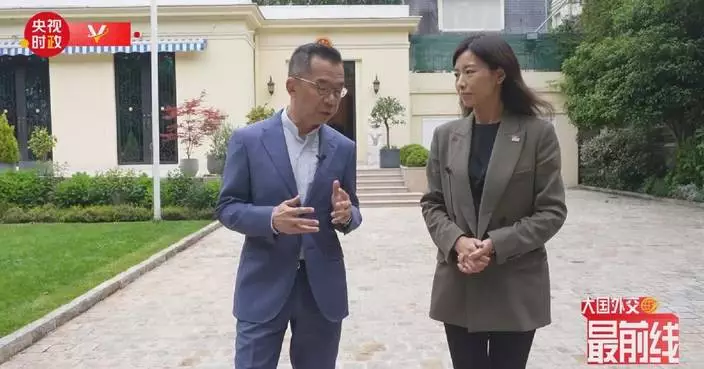The allegation by some Western countries that China faces "overcapacity" in its electric vehicle (EV) industry has in fact reflected their fear for China's "lead" in the domain, said an expert. Some U.S. officials, including U.S. Treasury Secretary Janet Yellen, have persistently hyped up the narrative of "China's overcapacity", especially in green energy sector, to complain about China's fast-tracking growth in the sector while covering up the incompetence and disadvantage of the United States in the domain. In an interview with China Global Television Network (CGTN), Bill Russo, founder and CEO of Automobility Limited, a Shanghai-based strategy and investment advisory firm, said such labeling is a double-standard rhetoric. "I don't think the overcapacity is on the EV side. It's on the gasoline-powered vehicle side. And it seems that the rest of the world is concerned about overcapacity in the EVs. They're not particularly disturbed about overcapacity which exists in the gasoline-powered vehicle side and that's not perceived as a threat particularly to the EU or to the mature markets which are more fearful of the lead that China has on the electric vehicle front," he said. Russo said protectionism will do no good but bracing Chinese EVs will help them realize their goals of "decarbonizing". "All that will do is add cost, which will slow down the rate of commercialization. It buys time if that's your goal. If the policy is designed, if the policy of regulating the import, I should say, of Chinese vehicles into your country, then you're basically acting in a way that's protectionist for your domestic industry. By the way, the only countries or the only regions that are considering this are the ones that have automotive companies. If you have a domestic industry protected, that's where the tariffs are being considered as a way of slowing it down. But what slowing it down does is it makes the EVs more expensive, which slows down the rate of decarbonizing. So if your goal is to decarbonize, then more Chinese investment is the answer," said Russo.

'Overcapacity' claim shows fear of Western countries for China's EV development: expert
Louis Dreyfus Company (LDC), a French agricultural goods firm, is eying expanded investment and growth in China and closer ties with its companies, said a regional executive for the company.
In an interview with China Global Television Network (CGTN), Nicolas Maguin, COO of the North Asia region at LDC, highlighted the company's persistent trade with Chinese companies over the decades.
"LDC's long trading history in China dates back to our first cotton trade more than half a century ago. We have since been benefiting from China's reform and opening up, which contributed to shaping a growing and attractive market through embracing international trade, facilitating foreign investment and engaging with new technologies, production methods and talent," he said.
Maguin noted that China's development philosophy, including its determination to rapidly develop innovative production environments and capabilities, is in line with the company's strategy.
"Today, China is also embracing the 'new quality productive forces', which requires continuous and disruptive breakthroughs in science and technology. And this approach aligns very well with LDC's own transformational strategy, a key driver of which is to push integration and innovation across all our value chains. China's vast consumer market, with increasing demand for high-quality, diversity products, and with emerging new business models, is extremely important to LDC in relation to our strategic road map," the COO said.
In particular, Maguin mentioned the China International Import Expo (CIIE) as a key platform to promote the company in China and explore cooperation opportunities.
"We appreciate the CIIE as a key opportunity to engage with Chinese stakeholders and drive collaborations, as we developed new products and services that meet evolving market demands and expectations. Finally, as China advances green and low-carbon developments, LDC is actively exploring new pathways to advance de-carbonization goals. As a company that has built profound relations with China over more than 50 years, we look forward to keeping on working with like-minded local partners whose competencies complement our own, as we continue investing in and growing with China," he said.
Over the years, China-France economic and trade cooperation continues to expand. Two-way trade between China and France has reached 78.9 billion U.S. dollars in 2023.
China is now France's largest trading partner in Asia, while France ranks as China's third-largest trading partner within the European Union (EU).

French food firm aims for closer ties with Chinese partners




